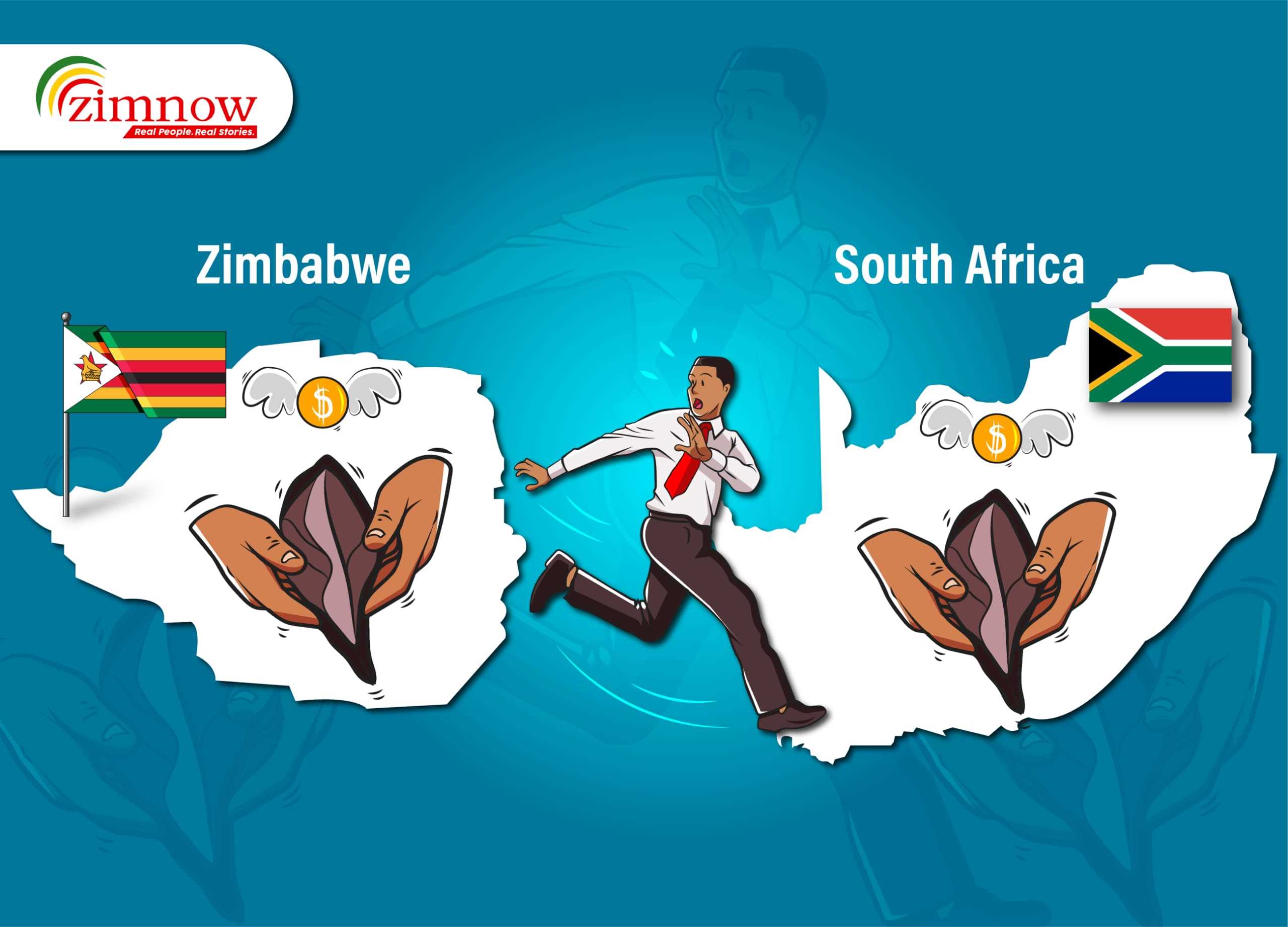
Jermaine Mkwananzi
Daily, Peter Sithole, 33, has to wake up at the crack of dawn and get moving. Not that he has anything urgent to attend to.
If he sleeps, he will lose his squatter access to the church in Hillbrow where he spends the night and get the accommodating guards into trouble.
“I live a normal life during the day, but when dark hits I sneak into the church without anyone seeing me and leave early in the morning. My belongings, a few clothes and a blanket, are locked up in the guard room which church officials will never open,” Sithole told this journalist.
He asked that his real name not be used and that no pictures to be taken as he does not want to expose himself.
For a year, Sithole has found neighbouring South Africa a tough space to navigate.
“I came to South Africa three years ago in search of greener pastures. I had a place to live in at first before I lost my last job which enabled me to pay for my rent but now I can’t afford to pay rent and send back money home (Zimbabwe) to my wife and two primary school going kids. I have to deal with crashing at the church and pay the night duty security guards a small amount of money,” says Sithole.
Instead, each day is a struggle to survive as jobs are scarce, inflation is rising, xenophobia is a constant threat and the crime rates are scary.
He is not one, they are many
Sithole’s journey mirrors a wider struggle faced by many foreigners in South Africa.
Zimbabweans, Nigerians, Somalis, Mozambicans and Malawians make the bulk of African migrants who continue to flock to South Africa in search of an elusive African dream.
There are about 180 000 Zimbabweans with special permits to live and work in South Africa. But the Zimbabwe National Statistics Agency 2022 census put the number of Zimbabweans in South Africa at 773 246.
A 2022 report by SA organisation Institute for Security Studies estimated that there are about 3.95 million migrants in South Africa but there is a perception among some South Africans that foreigners number over 20 million of the country’s plus 60 million population.
Poor remuneration for menial jobs
Sithole, who hails from Gweru, the Midlands capital of Zimbabwe said his paltry earnings is not enough to keep his family back home and so he cannot afford to rent even a makeshift room, a mkhukhu, as the structures made up of random scavenged materials like metal sheets and strong plastics.
“I only get R2 500 (about US$125) per month from the work I do at the school. If I pay rent, I will be left with nothing. I have tried getting part-time jobs that I work on after I knock off at 5pm till 10pm before I sneak into the church to sleep. From what I get, it’s hard to make contributions to my family back home.”
Hillbrow is in Egoli, Johannesburg nickname but the streets of the inner city suburb are definitely not paved with gold.
In fact, the whole city is not the glamorous greener pasture that Sithole expected when he trekked to South Africa to get away from Zimbabwe’s volatile economy.
“Here we don’t live lavishly as portrayed by many. We only live to see the next day and to find the next meal.
“The constant struggle to survive on a shoestring budget as well as fear of my security from xenophobic attacks has taken a toll on my mental health, worsened also by the existing anxieties of displacement and separation from my family,” said Sithole.
Related Stories
Sithole says most Zimbabweans are poorly paid as menial labourers and house workers and even when they have better jobs, undocumented ones have to accept lower salaries than South Africans or look for daily part time work or short-term contracts.
Other earn their money from the sex trade, drug dealing, robberies and illegal mining among other undesirable occupations.

Living in a blazing furnace
The rise in xenophobic attacks and the deteriorating SA economy have triggered an exodus, with many returning to Zimbabwe even if they think the situation the same or even worse than when they left.
Sithole says he knows a number who have returned and have found work on mines in Zimbabwe and seem to be doing better compared to some of those still left in South Africa.
“People are working on the Chinese mines all over the country. My brother (a cousin) says he is earning around US$200 a month. He lives at the mine so he has very few expenses,” Sithole said.
Asked why he remains in SA under such harsh conditions and little hope for a brighter future, Sithole says he is afraid to return home and start afresh.
“I wish I could go back to Zimbabwe but I am afraid I am out of touch with Zimbabwe, I can't go back with nothing, I have family and siblings to take care of and I have to make it here,” he said.
Research by the South African Social Policy Research Insights shows that a minimum income of R7 541 per person per month is needed for a decent standard of living. This starkly contrasts with the average foreign worker's salary, often falling below the poverty datum line.
The depreciation of the Rand against the US dollar further tightens the screws. With 100 Rands pegged at US$5 on the parallel market in Zimbabwe, earnings in South African become pitiable when faced with Zimbabwean prices.
The festive season, often associated with joyous returns but the 2023 one reflected a harsher reality for many as they discovered their eroded buying power.
Sithole says he envied compatriots returning home in December for the holidays, but has since counted himself lucky to have stayed put as he could not afford the bus fares.
“We are hearing daily reports of people being arrested and deported as they try to make their way back. So, imagine finding yourself back in Zim and you have no idea what to do next,” said Sithole.
South Africa has apprehended and deported over 300 foreigners trying to enter the country illegally since January 1 when the security forces launched an operation.
Between a rock and a hard place
Analysts are hopeful that 2024 will be a better year for South Africa with Investec predicting 1.0% economic growth, which is double the 0.5% 2023 expected outcome.
But most economists are cautious saying that South Africa will be affected by global trends including war and the performances of other economies.
South Africa also goes to election in the second or third quarter of the year, which raises potential for increased political violence against foreigners.
One the other hand, the World Bank predicts slower growth for the Zimbabwe economy at 3.5% in 2024, down from 4.5% in 2023 because of a poor agriculture season owing to the El Nino induced droughts.
The local currency is losing value every day, giving rise to fears of yet another hyperinflation roller coaster.
Thus for Sithole and the other migrants in South Africa, 2024 is another bleak year of struggling to survive one day to the next with little hope of a better future.






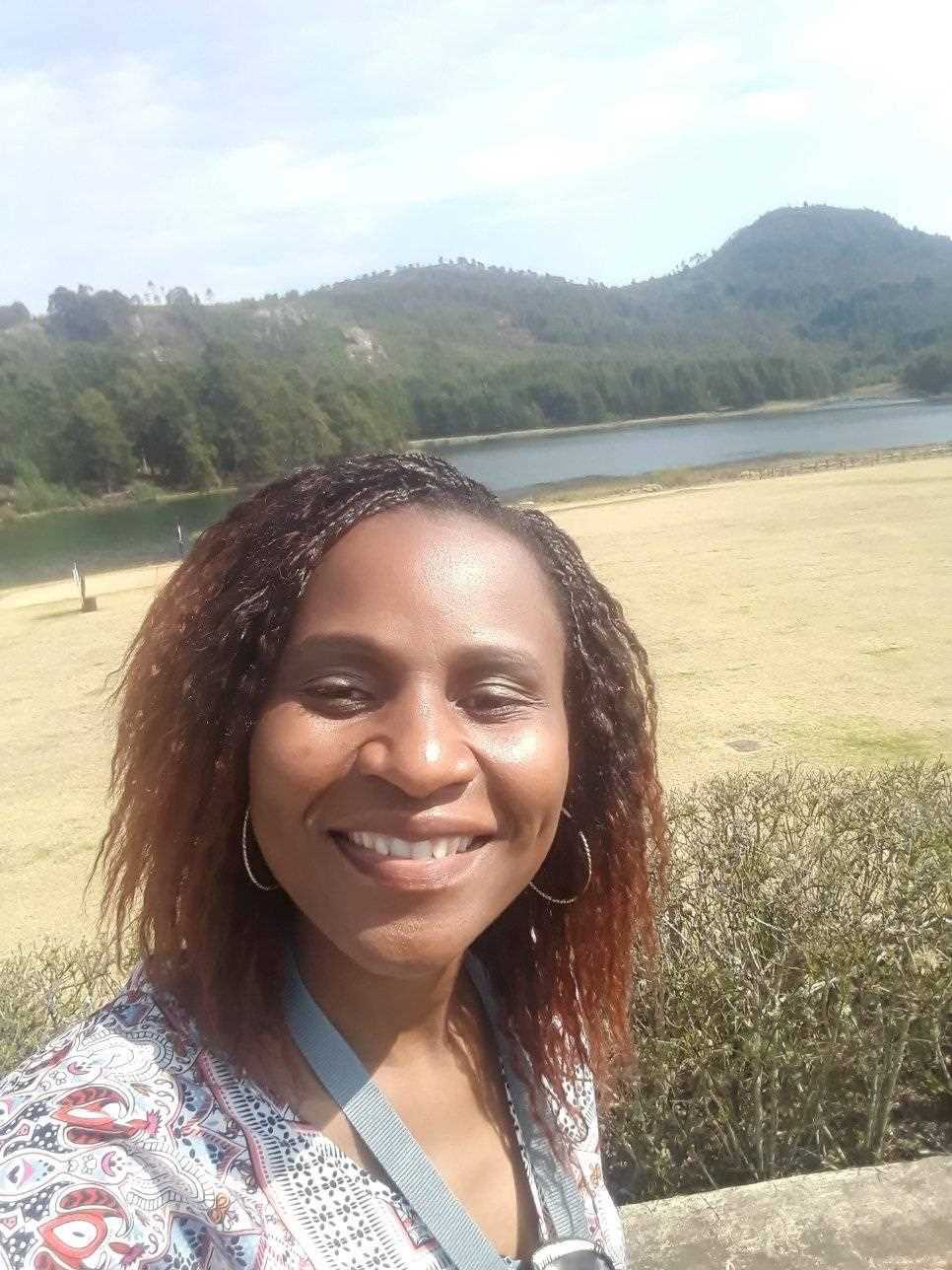



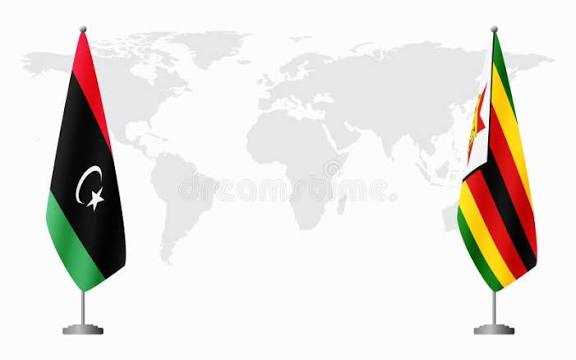

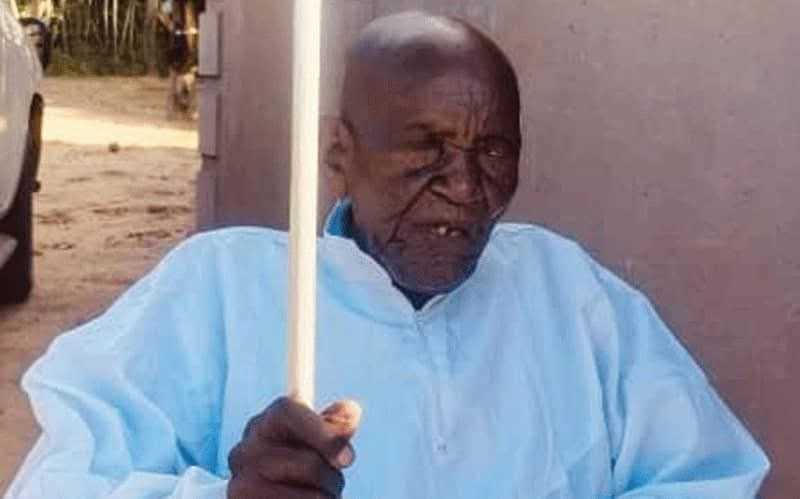


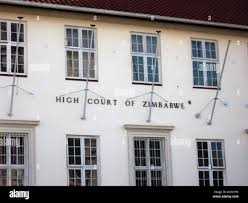
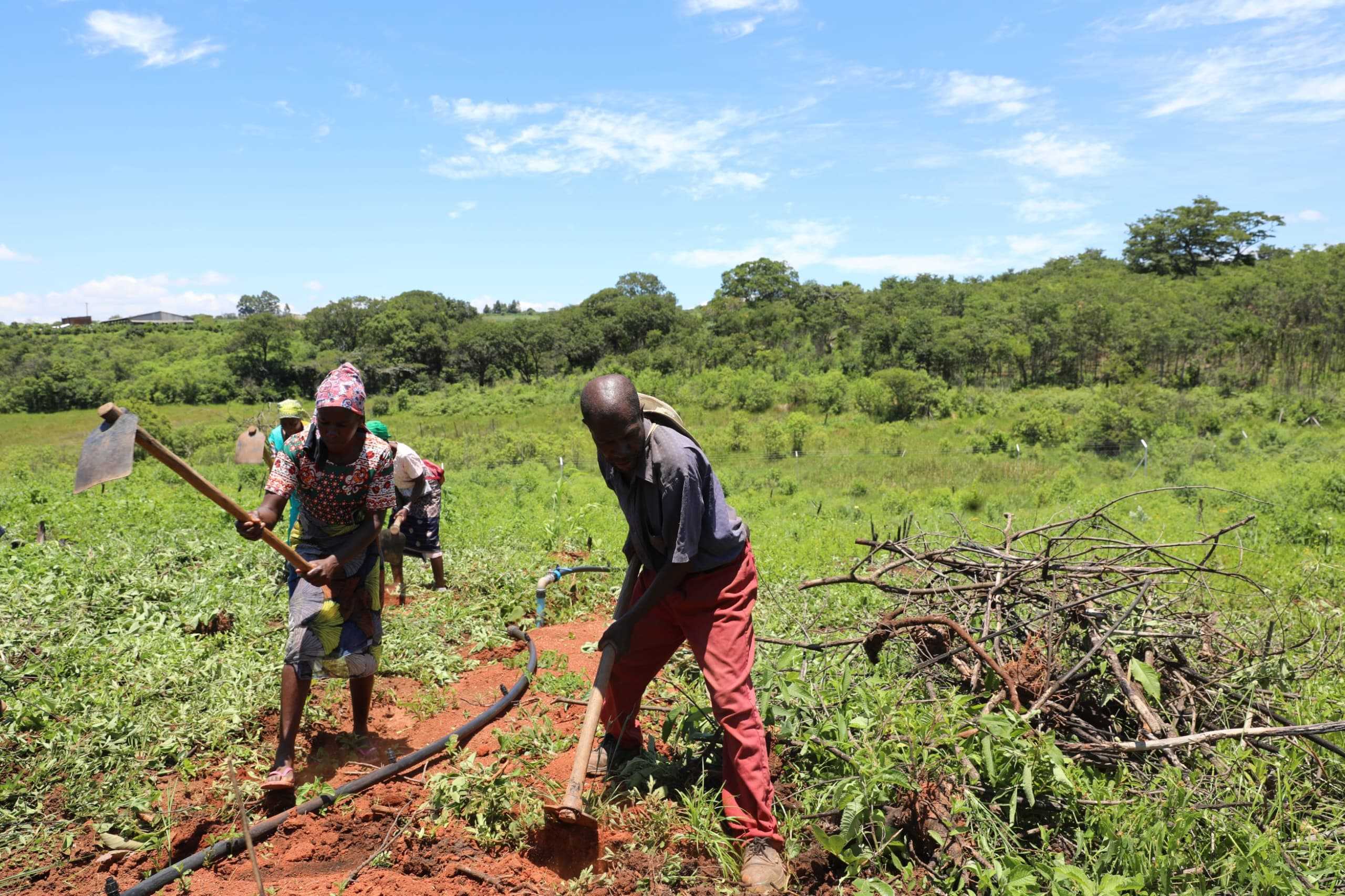
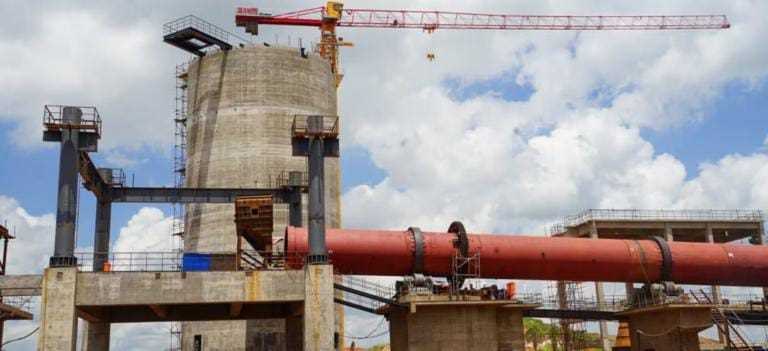


Leave Comments